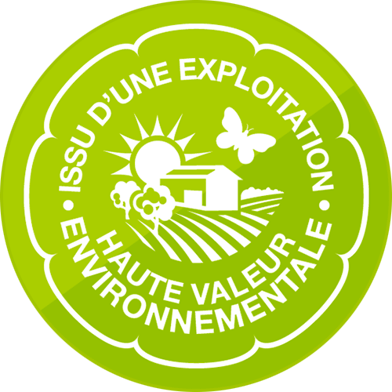As explained in our introductory article, ‘Evergreen’ consumption considers the entire span of a product’s life cycle in order to make it more sustainable, as ‘green’ as possible. Creating this circular economy requires collaborative action and real commitment from all the various stakeholders, including suppliers, manufacturers, retailers, governments, associations and consumers.
Consumers’ high expectations and strong convictions
As consumer concerns about environmental issues and product quality heighten, we see a shift in their priorities and in their readiness to pay more for ‘healthier’, more sustainable food.
Eating healthier weighs in but so does a certain level of food safety. As a result of several food scandals over the last two decades primarily involving meat products, a Credoc study shows a decline in meat consumption by 12% over the past ten years. This shift has materialised on store shelves that have gone green with more vegetarian and vegan options, and in the strong market foothold of organic products.
Consumers want the foods they eat to be as natural as possible, with less or no additives, preservatives or pesticides in farming techniques used to produce them. Environmental protection is a priority for shoppers because they understand that sustainability in agriculture preserves soil health and, above all, their own.
There is still a great deal of potential in the organic sector as it does not meet today’s skyrocketing demands. The ‘made in France’ sector is also thriving at a moment where local channels appear to be the best compromise amidst consumer concerns.
There is an even stronger awareness thanks to the development of product scan applications and the arrival of the nutritional labelling system, ‘Nutri-score’. Consumers demand more transparency from food companies concerning ingredients, origins, product nutritional information, and even animal welfare and employee working conditions.
To offer consumers a guarantee, new certifications have surfaced such as the HVE (high environmental value) label. It stems from the Grenelle Environment Forum, recognised and supported by public authorities. This certification is an approach with three levels of standards. The third level enables farmers to obtain the High Environmental Value label which reflects their environmental excellence. This certification is based on the voluntary approach of farmers who choose to adopt ‘sustainable’, eco-friendly practices, and is delivered by an independent certifying body.

Concerns that go beyond the product itself
On other levels, concern for food waste on the part of consumers and associations prompted a law that prohibits supermarkets from discarding unsold goods and obliges them to donate them to relevant charities. By the same token, emerging mobile applications designed to combat waste have enabled consumers to purchase food items intended for disposal at a lower price.
In terms of packaging, consumers want less and criticise brands for using excessive packaging for marketing purposes. Consumer frustration comes through in movements like ‘plastic attacks’ where shoppers remove useless packaging and leave them at checkout once they’ve paid for their food.
This provides real food for thought for suppliers and manufactures in terms of a ‘better’ life cycle for packaging: the use of bio-sourced materials, 100% guaranteed recycling, biodegradability or re-usability. It has become critical to produce with a better management of resources and limited consumption and waste.
This means ‘Evergreen’ is more than just a trend for 2019. It represents a central theme in the strategy of food companies whose main challenges are to offer quality products respectful of living organisms, to communicate with transparency and to reduce the environmental impact across the entire span of a product’s life cycle. However, consumers need to understand and visualise the benefits of their actions. Guiding principles industrial companies will continue addressing in 2020!
ABOUT MINTEL
Mintel is the world's leading market intelligence agency. Founded in 1972, Mintel defines and refines its market intelligence expertise to determine prospective trends in consumers, markets and the analysis of new product launches. Combined with the recommendations of its international experts, this data allows you to make strategic decisions for your growth.
If you wish to discover the services of our partner Mintel, we invite you to contact them on their website: https://en.mintel.com/contact
 Sofia Ben Amar
Sofia Ben Amar





